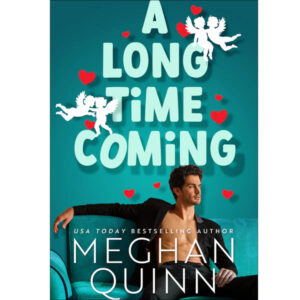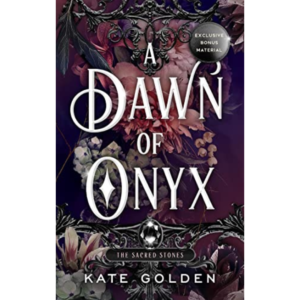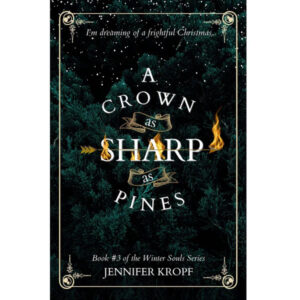In Love Life, relationship coach and expert Matthew Hussey explores the most important and foundational relationship of all—the one we have with ourselves.
More than a book about nAlthough consciousness is at the very center of who we are, its exact nature continues to confound modern science. From where does consciousness originate? At our core, are we material bodies or immaterial conscious minds? Many assume that consciousness is a product of our complex brains, a product of evolution—and yet, there is no evolutionary reason that a mechanical function of the brain should allow us to enjoy the beauty of a sunrise or become intoxicated with the smell of rain on dry earth. If consciousness is not the product of sophisticated human brains, might the nonhuman living world be conscious? If so, where does that place us in relation to the rest of life on Earth—and what does this imply about our domination and plundering of the natural world for resources? Dr. James Cooke is no stranger to intricate and existential questions such as these, and he confronts them head-on in his compelling, inventive, revolutionary new book, The Dawn of Mind. Weaving together cutting-edge science and the contemplative insights that arise from mystical experience, as occurs with meditation and the emerging therapeutic paradigm of psychedelic medicine, Cooke radically redraws our understanding of what it truly means to be who we are.
Though Cooke approaches the question of consciousness from a rigorous, scientific stance, his first foray into the study of consciousness was an intensely personal one. On a bus ride through Colchester, the ancient Roman capital of Britain, Cooke spontaneously felt himself feeling intensely and fully connected with the natural world around him; his sense of self fell away entirely. This transcendent moment inspired years of scientific study and the contemplative exploration of personal mystical experiences, leading Cooke to a stunning our sense of self is not an objective fact but an illusion, a survival technique we use to try and find order in a disorderly world. We each construct a boundary between ourselves and the natural world, constantly simulating what will happen around us in order to survive and navigate our surroundings. (Consider how long would you make it if you were crossing a busy street and only reacted to an oncoming car reflexively, once you felt its touch on your skin?) Unlike the self, however, consciousness is no such illusion, and is the product of the very same survival process – it is the simulation in which our sense of self appears. Of course, we aren’t the only creatures who function in this way. According to Cooke, consciousness is not complex brain function that only we possess but a deeply embodied phenomenon, an essential feature of being a living thing. Sure, we aren’t conscious in the same way as a tree or a worm, but as living things we are all conscious; just maybe, this notion of our dominion over all other life on earth was a ruse all along. Understanding consciousness in this way is not just some theoretical exercise. As climate change amplifies by the day, a growing chorus of voices insists that our fundamental disconnect from nature is at the root of our ecological crisis. Healing the divide between nature and consciousness may be the key to extricating ourselves from this dire predicament.avigating our love lives, Hussey’s new book is about the deeper issues our love lives reveal. Love isn’t the answer to our problems, Hussey explains. It’s a doorway to them; not a way out, but a way in. Like most of us, Hussey has gone through major changes over the past decade, and he shares some of those experiences, vulnerabilities, and mistakes.
What happens when we date, fall in love, or when we are faced with loneliness? What decisions do we make that cause us more pain and send us further adrift from what we want? Who hasn’t shied away from taking risks because they feared rejection? Who hasn’t put up with the wrong behavior because they’re afraid of losing someone or of expressing what they really need? Who hasn’t lived with the fear and anxiety of not being good enough for their partner? Or knowing their partner isn’t good for them, but stay in a bad relationship that is ultimately self-harming? In Love Life Hussey addresses these questions and more.
Our love lives hold the uncanny power to elevate or eradicate all the adjacent joy in our lives. The deeper purpose of Love Life is to ensure your love for your life will never be dependent on your relationship status. It’s about finding your love for life even while still on the journey to finding your person.




Reviews
There are no reviews yet.